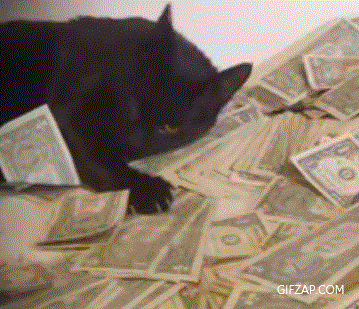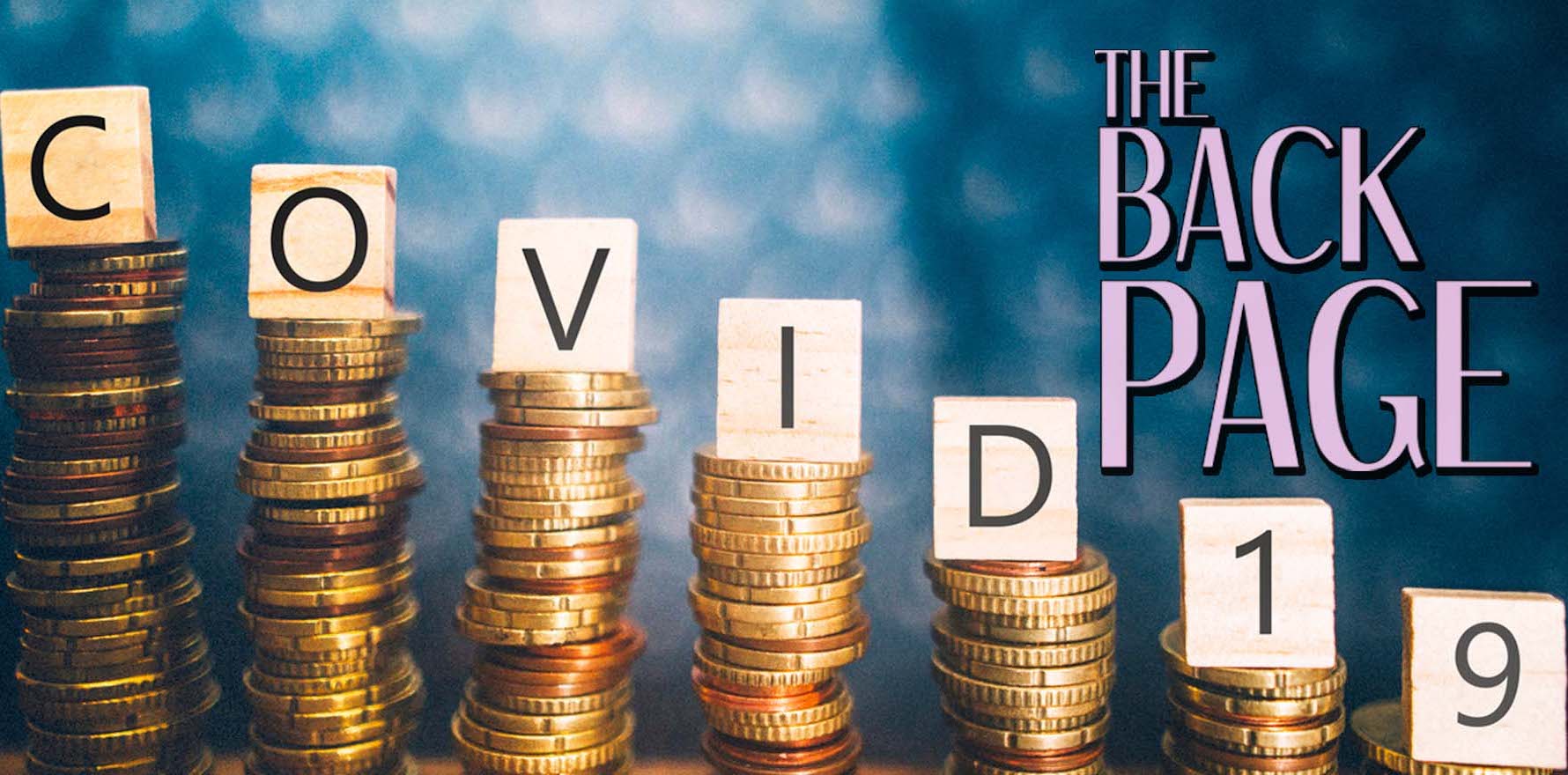When covid hit many stockpiled toilet paper and tried not to panic. But it also had a surprising impact on generosity.
Anyone who has watched The Walking Dead knows that crises such as zombie apocalypses can lead to two responses, both polar opposites: one is selfish behaviour such as hoarding food, the other is selfless behaviour like helping companions avoid having their brains munched on.

Other crises like natural disasters, wars and pandemics have a similar warping effect on human behaviour, causing some of us to panic and stockpile toilet paper and others to do weird things like attempt to host cocktail parties over zoom.

A recent study, published in Scientific Reports, found some evidence that generosity actually increased during the pandemic.
People in the US actually donated more to charity if they were under direct threat from covid, the study found.
The researchers from the University of California looked at changes in generosity in a four-year longitudinal dataset that included over half a million charitable donations.
This dataset tracked charitable giving from July 2016 to December 2020, including donation amount, the charities that benefited, and the donor’s location within the US.
The researchers found that people living in counties that had a covid threat in a particular month gave more money to charity than people living in counties without an imminent threat.
(A covid threat was considered present if anyone had died from covid in that county during that month.)
“Compared with March 2019, 78% of counties that experienced threat increased the total amount donated in March 2020,” the researchers reported.
“Of the counties that did not face threat, 55% increased giving. We found similar results for the comparison between April 2019 and April 2020.”
The researchers also looked at a sample of 1000 people who played “The Dictator Game” monthly from March to August 2020.
As part of this game, the “dictator” receives $10 and decides how to divide it between themselves and another, unknown, person.

Usually people give some portion away, but interestingly those who were living under direct threat from covid were more generous than those who were not.
Giving increased $0.25 under low threat, $0.38 under medium threat, and $0.24 under high threat relative to periods of no threat in the participant’s county, the researchers reported.
The study couldn’t show a causal relationship between covid and charitable donations (the fun studies never can, sigh), and the researchers could only guess at why covid made people prise open their wallets.
“Individuals may have been motivated to give more when experiencing threat as a result of increased feelings of sympathy, a desire to regain a sense of agency and self-efficacy, mortality salience, or simply to experience positive emotions (e.g., warm glow) during a stressful period,” the researchers wrote.

Want to know what else will give you a warm glow? Sending story tips to felicity@medicalrepublic.com.au


